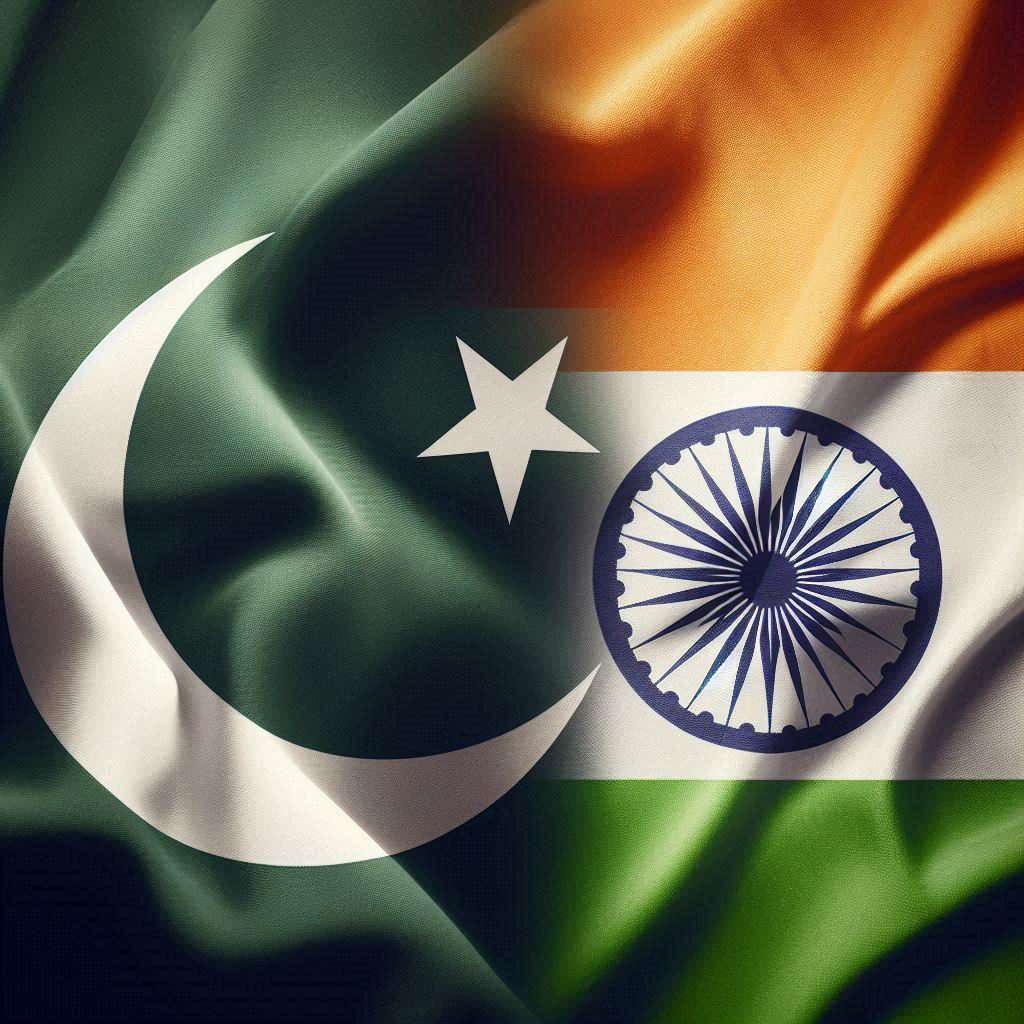Introduction:
The conflict between India and Pakistan is one of the most enduring and complex geopolitical disputes in modern history. Rooted in a shared history, deep-seated rivalries, and competing national aspirations, this article explores the historical context, underlying causes, and potential avenues for peace in the India-Pakistan conflict.
Historical Background: The partition of British India in 1947 gave birth to two separate nations, India and Pakistan. The violent separation resulted in communal riots, mass migrations, and deep scars that continue to shape the relationship between the two countries. The territorial dispute over the region of Jammu and Kashmir further intensified tensions, leading to a series of conflicts and wars between the two nations.
Causes and Geopolitical Challenges:
Kashmir Dispute: The core issue fueling the India-Pakistan conflict is the territorial dispute over the region of Jammu and Kashmir. Both countries claim sovereignty over the entire region, which has resulted in decades of sporadic violence, insurgency, and human rights concerns.
Security Dilemma and Arms Race: The security dilemma between India and Pakistan, driven by mutual mistrust, has fueled an arms race and nuclear proliferation in the region. The possession of nuclear weapons by both countries has increased the stakes and complexities of the conflict, raising concerns about the potential for a catastrophic escalation.
Cross-Border Terrorism: Allegations of cross-border terrorism and proxy warfare have strained relations between India and Pakistan. Incidents of militant attacks, insurgencies, and the perceived support of non-state actors have added a layer of complexity to the conflict and further eroded trust between the two nations.
Diplomatic Engagement: Constructive and sustained dialogue between India and Pakistan is crucial for resolving the conflict. Diplomatic channels, such as the Shimla Agreement, Lahore Declaration, and the Composite Dialogue Process, have offered frameworks for engagement and confidence-building measures.
Track-II Diplomacy: People-to-people exchanges, cultural interactions, and civil society initiatives can play a vital role in bridging the divide and fostering greater understanding between the citizens of India and Pakistan. These grassroots efforts can contribute to building trust and generating goodwill between the two nations.
Economic Cooperation: Enhanced economic cooperation, trade, and connectivity initiatives can create mutually beneficial incentives for both India and Pakistan. The establishment of confidence-building measures in the economic realm can promote stability and provide opportunities for greater collaboration.
International Mediation: International actors, including the United Nations and other regional powers, can facilitate dialogue, offer mediation, and play a supportive role in resolving the India-Pakistan conflict. Their involvement can help create an environment conducive to peaceful negotiations and conflict resolution.
Conclusion: The India-Pakistan conflict remains a significant challenge in the South Asian region, with far-reaching implications for global security. Addressing the underlying causes, fostering mutual trust, and pursuing sustained diplomatic efforts are crucial for achieving a lasting resolution. While the road to peace may be complex, the potential for stability, cooperation, and a prosperous future between India and Pakistan lies in their ability to overcome historical grievances, prioritize dialogue, and work towards shared goals of peace and development.

